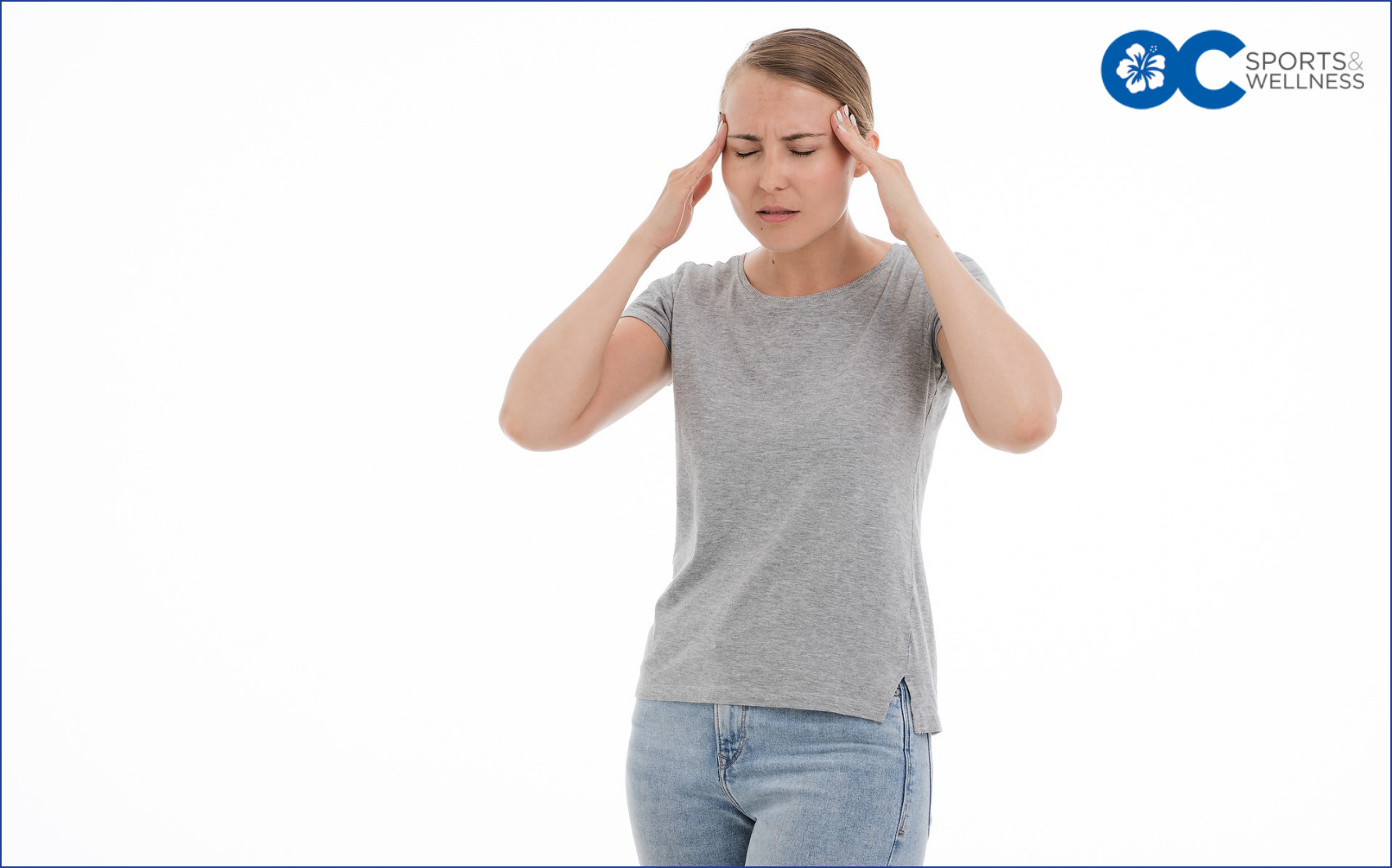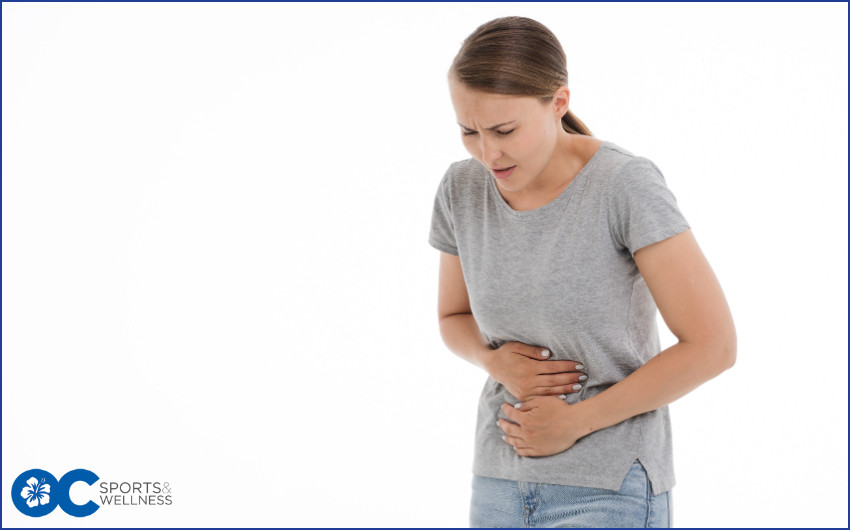A lot of the information about menopause that you will find in popular magazines, on social media, and from Internet searches will talk about the importance of measuring your hormone levels. But, more likely than not, when you ask your doctor to check your hormone levels, he or she will tell you it is not indicated.
This conflict around the importance of knowing where your hormone levels are during the menopausal transition can be very confusing and frustrating, especially when you are feeling miserable. A big industry has grown around helping women manage the often very unpleasant symptoms of the menopausal transition, and, unfortunately, a lot of the marketing can be misleading.
It is important to understand that the idea of measuring your hormone levels to diagnose and manage the menopausal transition is not well supported by medical evidence. Probably the biggest problem with checking your hormone levels in the menopausal transition is that the changes in your hormone levels are unpredictable, which makes them very difficult to interpret
Remember, the menopausal transition is the result of the normal aging process of your ovaries. Unless you had your ovaries removed surgically or they were damaged by chemotherapy, this transition is going to be gradual.

During your reproductive years, the normal function of your ovaries is to produce an egg each month. With this monthly activity in your ovary comes the normal hormonal changes and variations in follicle-stimulating hormone (FSH) and estrogen, which are typical of your regular menstrual cycle. As you age, your ovaries gradually slow down the process of releasing an egg. This, in turn, decreases your estrogen levels. Sensing this decrease in estrogen, your brain tries to force your ovary to make more estrogen, which in turn increases your FSH level well above normal levels.
But during the menopausal transition, this process becomes unpredictable. Your estrogen and FSH levels can change dramatically from month to month, making them an unreliable marker for both diagnosis and response to treatment.
Determining whether or not you are in the menopausal transition and managing the unpleasant symptoms that come with it is best accomplished by a careful history and physical exam that relies mostly on your symptoms. Understanding the typical symptoms associated with your declining estrogen and progesterone levels will help you and your doctor decide how best to get you some relief.
Low Estrogen Level
As your estrogen levels begin to decline, you may likely start to experience some unpleasant symptoms. The decrease in estrogen levels causes some predictable physical changes and symptoms. But how your body responds to this process is very individual. Some women suffer tremendously from the symptoms associated with low estrogen, while others are barely affected. The typical symptoms associated with low estrogen levels include:
- night sweats
- hot flashes
- fatigue
- depressed mood
- vaginal dryness
- painful sex
- headaches
- heart palpitations
Usually, these symptoms will begin to appear when your periods start to become lighter and or less frequent.

Low Progesterone Level
As ovulation becomes less frequent due to normal ovarian aging, your progesterone levels will also begin to decline. When this decline in progesterone happens in relative balance with the decline in your estrogen level, it is likely that you won’t notice any specific symptoms attributed to it. The significant symptoms of your falling estrogen levels will be most noticeable. However, it is a problem when the decrease in your progesterone level is out of balance relative to your estrogen level.
Estrogen Dominance
For some women, changes in the menopausal transition result in a specific hormonal imbalance. In these women, their overall estrogen level declines, but it stays relatively high compared with their progesterone decline. This can happen naturally due to hormonal feedback cues between your ovaries and your brain. It can also happen in women who are overweight as fat tissues also produce estrogen. Typical symptoms of women experiencing relative estrogen dominance include:
- breast tenderness
- bloating
- heavier periods
- longer periods
Remember, it is possible to also have symptoms related to low estrogen as well as estrogen dominance because your estrogen levels are overall declining during the menopausal transition.
Reference: {https://www.verywellhealth.com/should-you-check-hormone-levels-during-menopause-4149971}



